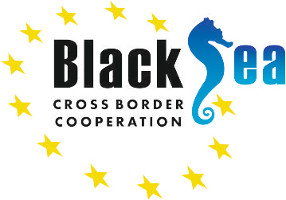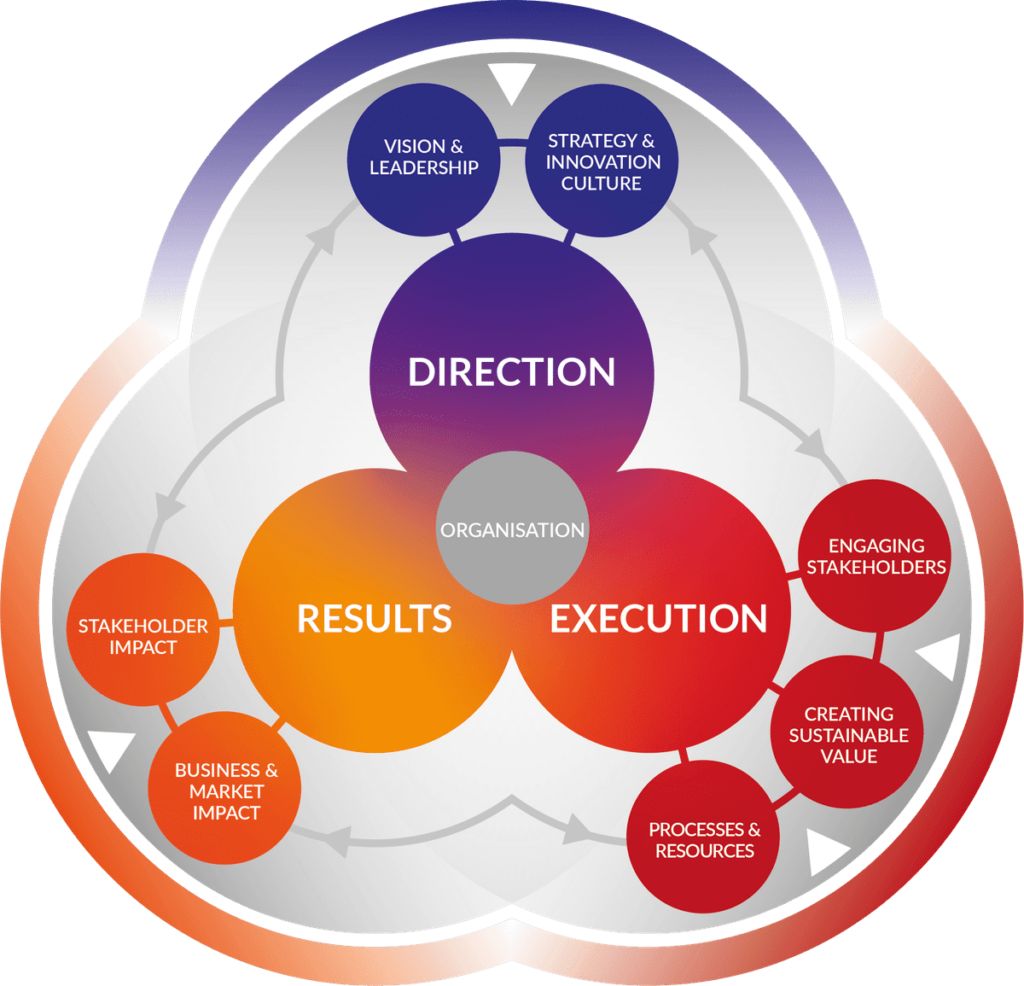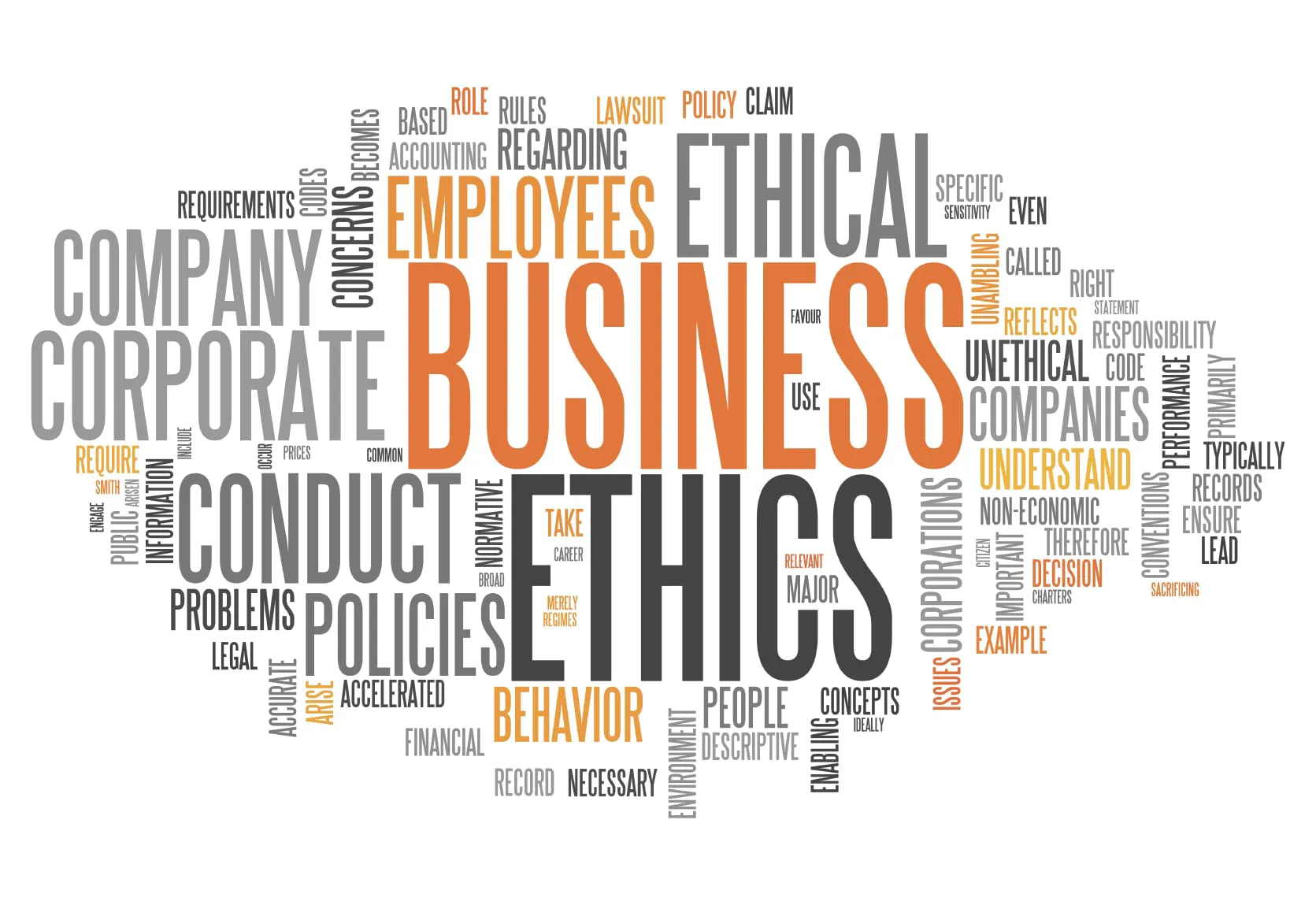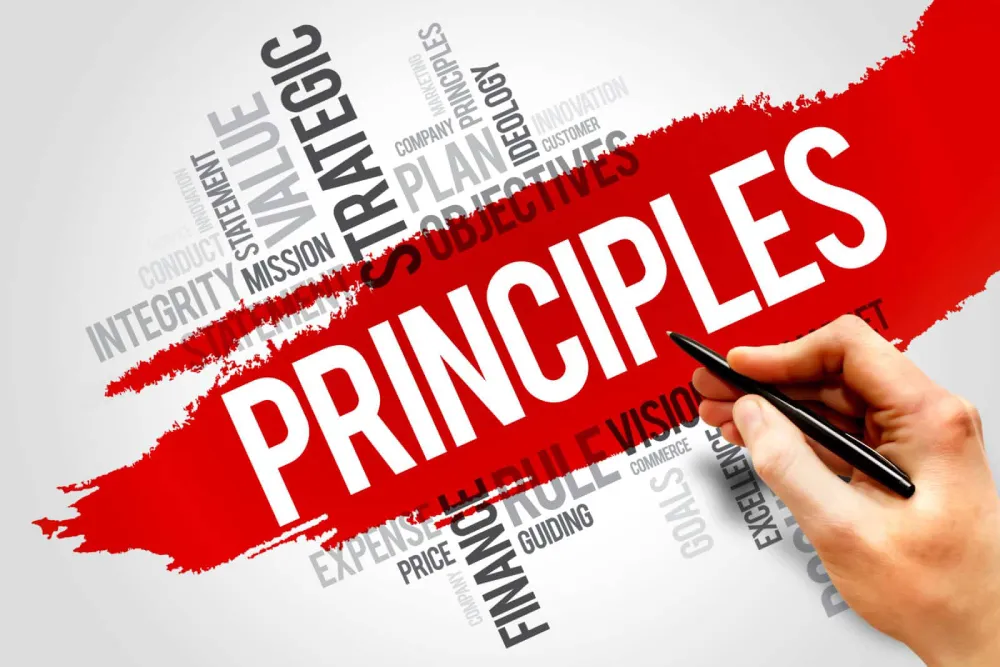One of the most significant values that the EFQM model brings to companies is the method to improve the whole management system – each day step by step.
Very often, challenges that the companies are facing and their own strengths are the input parameters in the certification process.
One of the examples of successful use of the model is revising the management process to increase transparency. There are some convincing factors for using EFQM for this task:
- The model provides for a consistent, continuous cyclical improvement over many years;
- It allows a view from the outside (i.e. customers, employees, assessors, etc.);
- It helps improve the overall operational results;
- The model equips the company with virtually endless opportunities for further development.
Finally, one of the most significant results is the internal change that the companies that are adopting the model usually experience. It’s the sheer pleasure of improvement and the fact that the company becomes a learning organization and that this speeds up the learning loops in a positive competitive environment.
Of course, starting the process of EFQM certification can be different from organization to organization. In our previous article we described some of the cases of companies starting the process. For instance, the best companies often train their managers to learn the EFQM model. In addition, companies annually conduct self-assessments and derive improvement projects.
In some other cases, the first step can be for the management to perform a self-assessment in line with EFQM rules. It will also assume responsibility for the rollout itself, supported by an EFQM team with representatives from all relevant business units. The team develops standards and specifications for evaluating interactions between individual topics to promote a holistic development across the company.

The DNA of the EFQM Model and its practical applications are discussed with employees and managers at the company. Once the company gets independent feedback from external assessors, and the process rolls out, it can be used for ongoing development on the road to excellence. The goal is continuous improvement of the organization in order to attain excellence.
For businesses, the economic success and value-oriented, sustainable and responsible interaction with employees, partner companies, the society and customers are inextricably intertwined. Together these factors establish the basis for the company’s success.
The EFQM Model combines all these aspects, making it a good guideline for the activities of an organization. The EFQM assessment provides any company with objective, valuable and helpful suggestions regarding its strengths and potentials.
The assessors’ external view is a significant addition to the previously considered evaluation perspectives. The strengths and potentials are applied in the strategy and target processes.
Some of the important question to ask are: “Are we doing things right today?” and “Are we doing the right things for tomorrow?”. Answering these questions enables a company to transform themselves from a company driven by outside factors to a self-driven company with power over all main business aspects.













